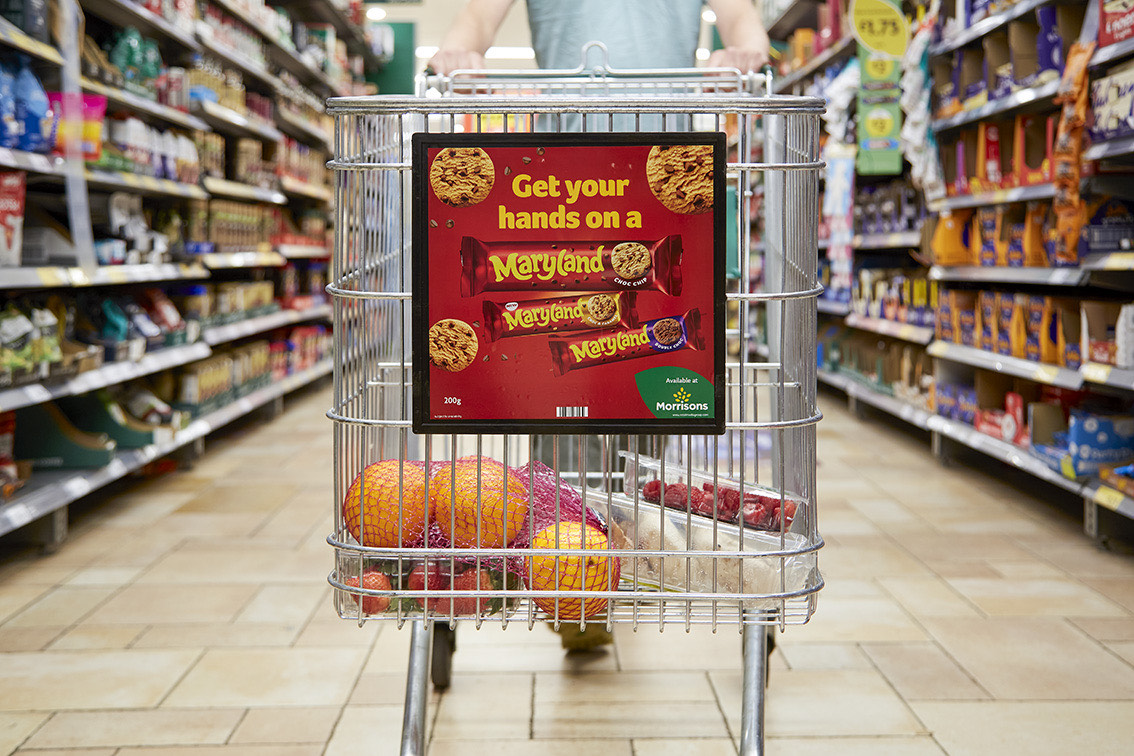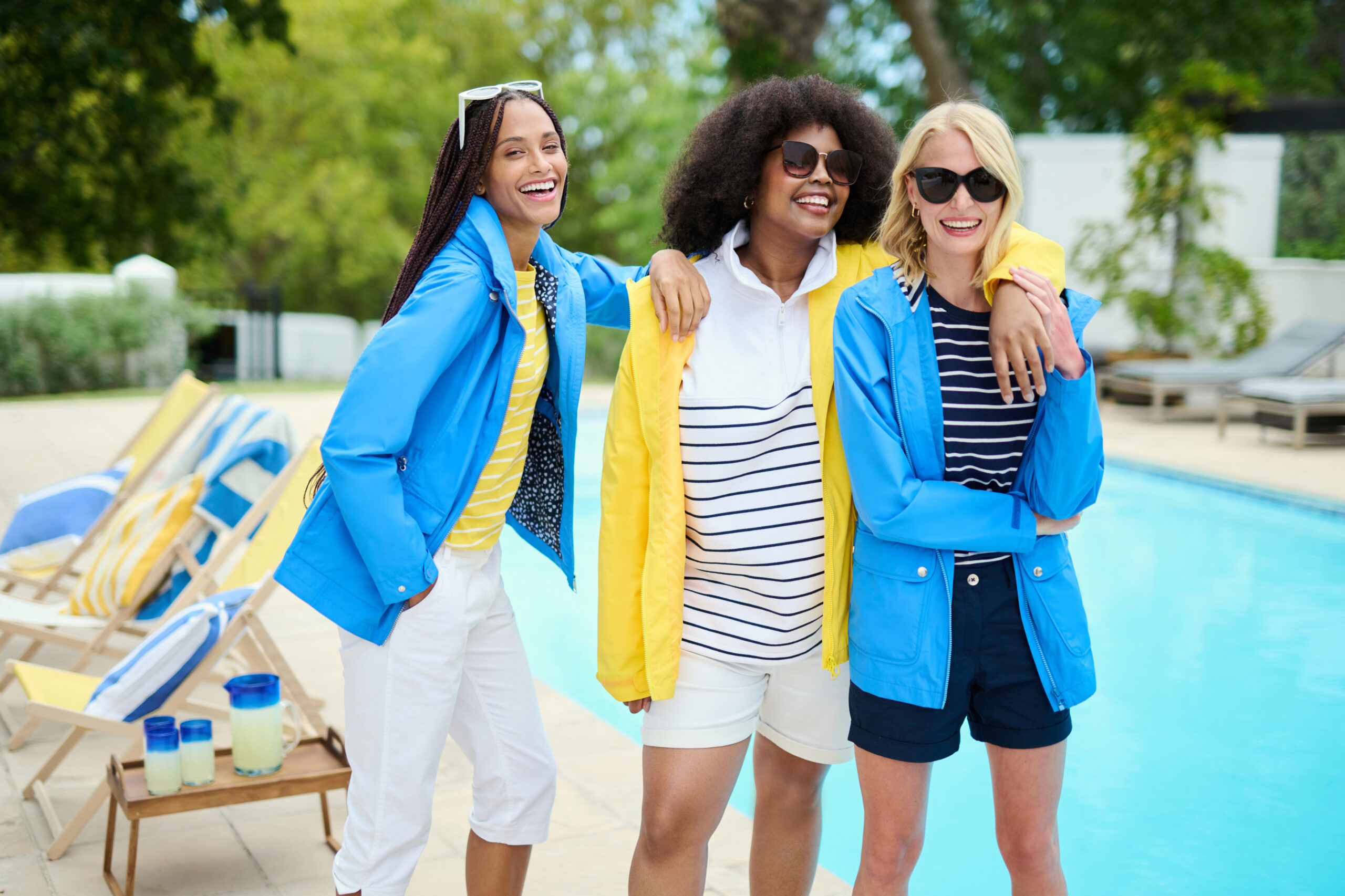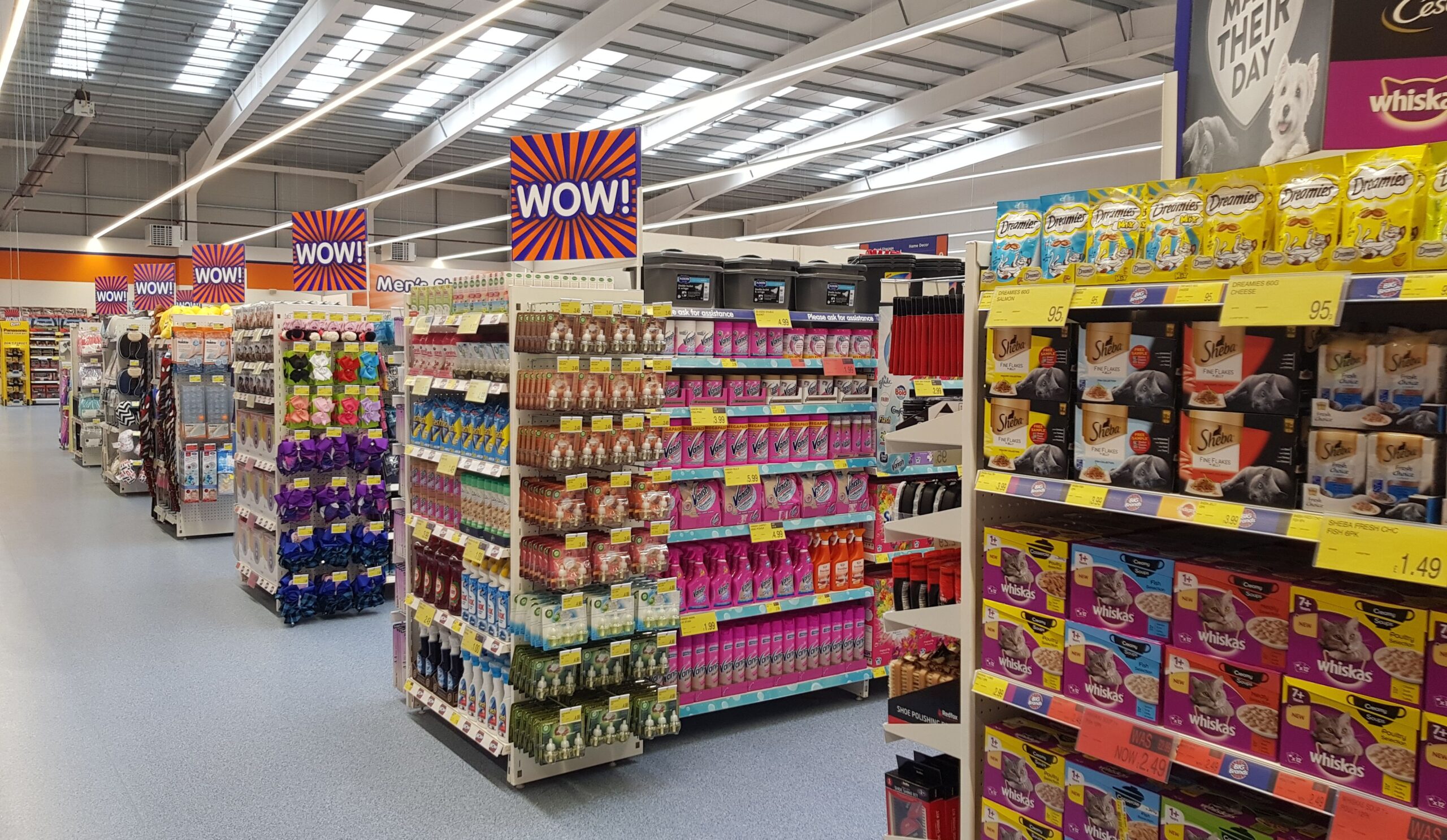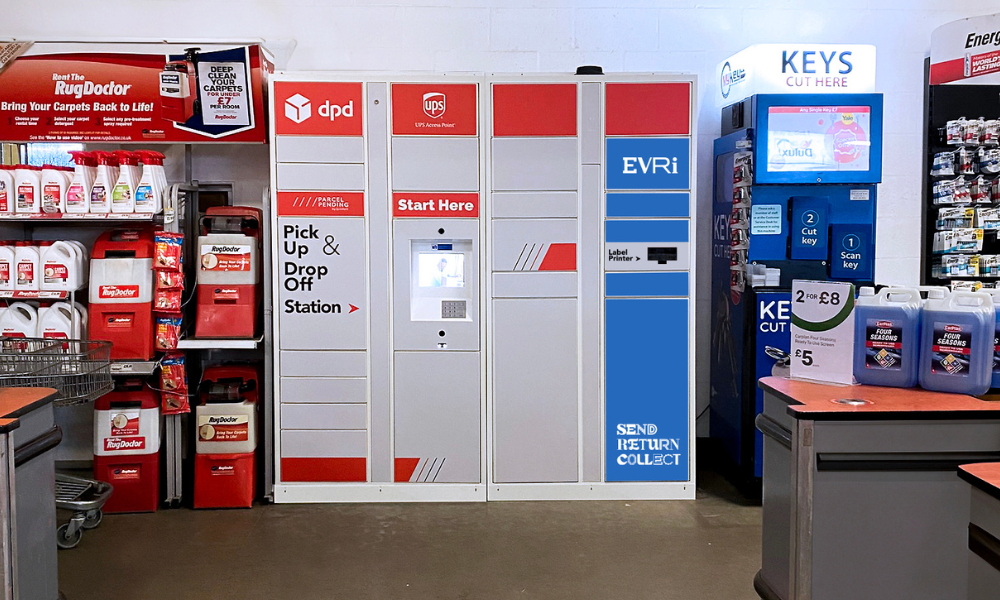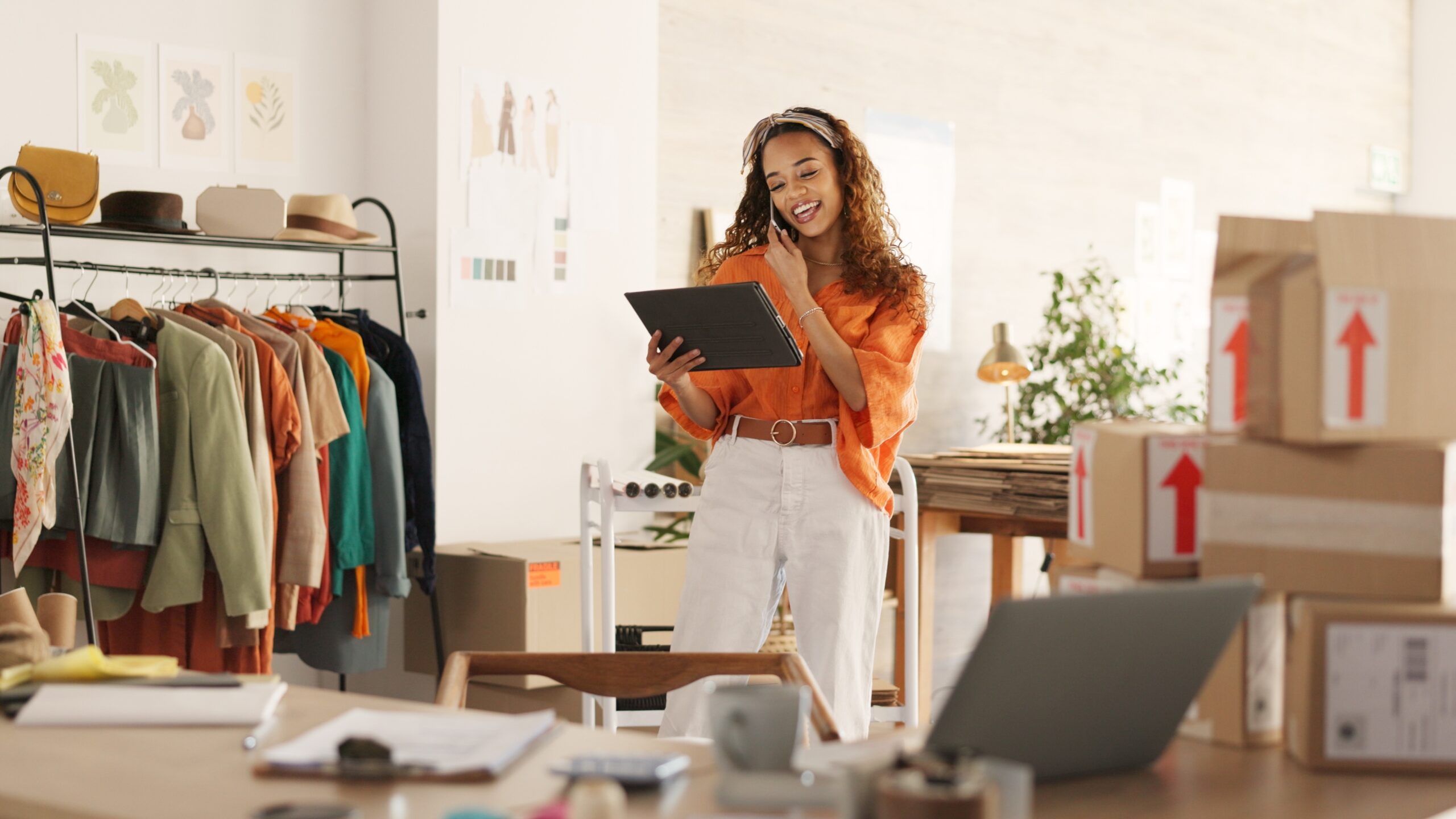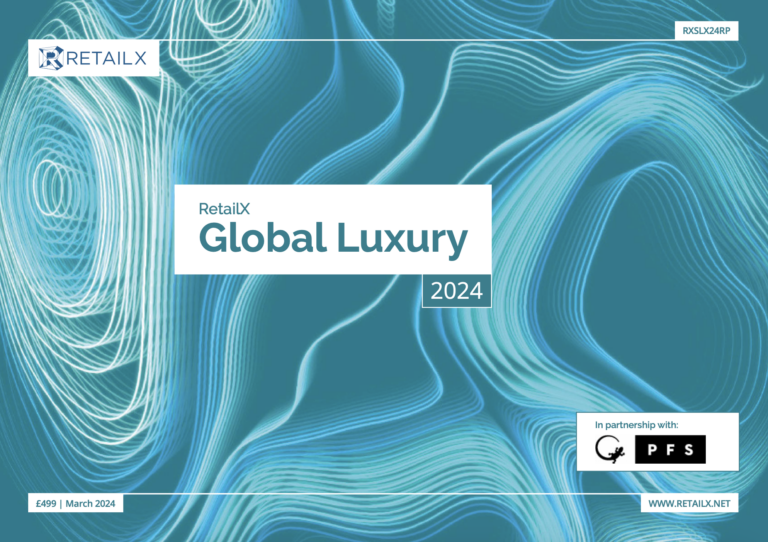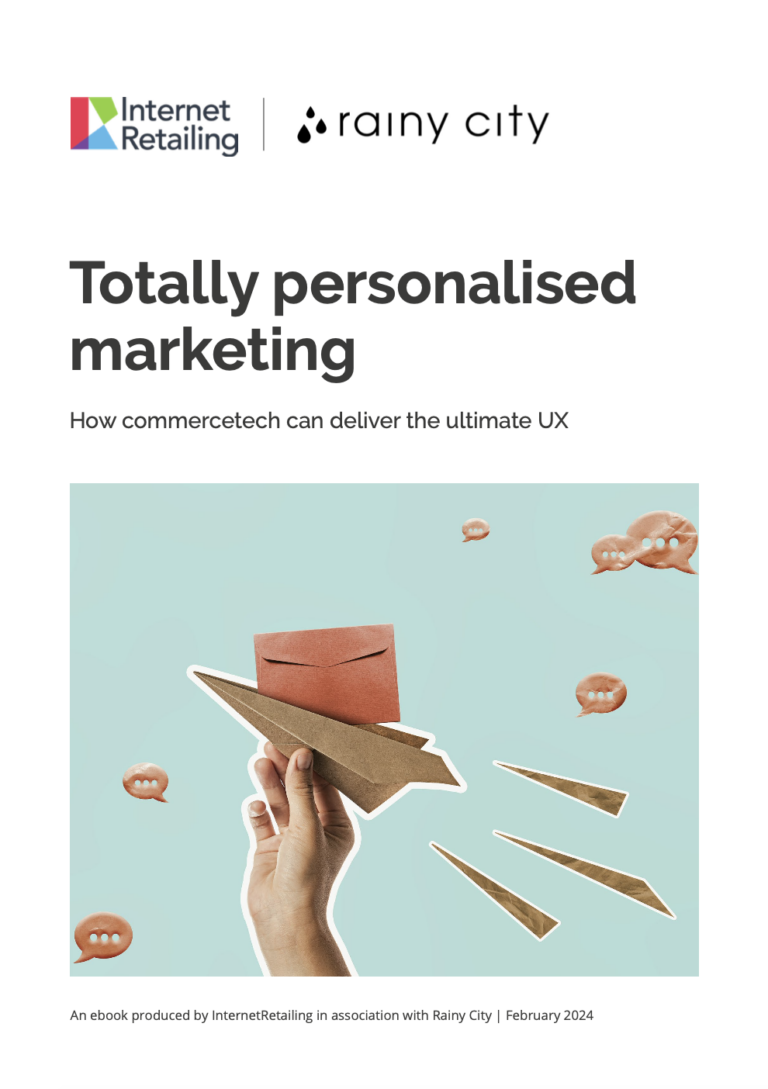European grocers are finding new channels and formats to reach customers as they are inundated with orders amidst the coronavirus pandemic.
With shoppers encouraged to stay home as much as possible, online grocers are seeing a considerable boom in demand.
In France, Carrefour has partnered with Uber Eats to offer deliveries in Paris.
Starting 6 April, customers will be able to choose a Carrefour convenience store on the Uber Eats app or website or dial by phone between 11AM and 11PM.
Covering general groceries as well as hygiene and cleaning products, the deliveries will come in around half an hour. Uber Eats is waiving delivery fees during April.
The service will initially be available from around 15 Carrefour stores in Paris and later be rolled out across the country.
Amélie Oudéa-Castéra, executive director of ecommerce, data and digital transformation at Carrefour, said: “Combining the strength of Carrefour’s convenience stores and the agility of the Uber Eats application will enable us to deliver customers’ everyday products in a very convenient and secure way.
“As we face this crisis, we have a duty to come up with new solutions and digital technology is collectively opening up a lot of possibilities.”
Last week the grocer also launched a new “essentials” delivery service in the Paris area, called Les Essentials Carrefour. The baskets are set at a maximum price of €5 per day per person and consist of basic foodstuffs such as rice, pasta and milk. There are also larger weekly subscription boxes available.
The service has initially launched in the Paris area, delivering to a specific district of the city each day.
Meanwhile, in Spain, supermarket group DIA is partnering with on-demand shopping app Glovo and converting its stores to warehouses. The company has now converted 11 of its stores into areas for preparing online orders and hired an additional 1000 people as pickers and delivery drivers. The stores are located in Madrid, Barcelona, Seville, Malaga and Cadiz.
DIA is also working with Glovo, the on-demand courier app, to add a new channel for distributing orders. The service will be available either through DIA’s site or Glovo’s app. Customers simply place the order and a personal shopper picks it up from the store and delivers.
In the UK, Morrisons has teamed up with DPD to ship a food box offering £30 worth of basic, everyday groceries with a £5 delivery charge and next-day delivery available at no extra cost. Customers can order two boxes per order.
Our view: Online grocery is under an unprecedented strain. To take the above countries as examples, as of 2018 the UK typically saw 7.2% of grocery shopping done online, while France saw 5.6% and Spain 2.4%. Undoubtedly these figures have risen during the pandemic, meaning that existing distribution channels are struggling to pick up the load.
Capping order values or finding new distributors are ways of reaching more customers without having to invest in capacity that may not be needed after the crisis.
[UPDATED 1/4/20 TO ADD UBER EATS STORY]

